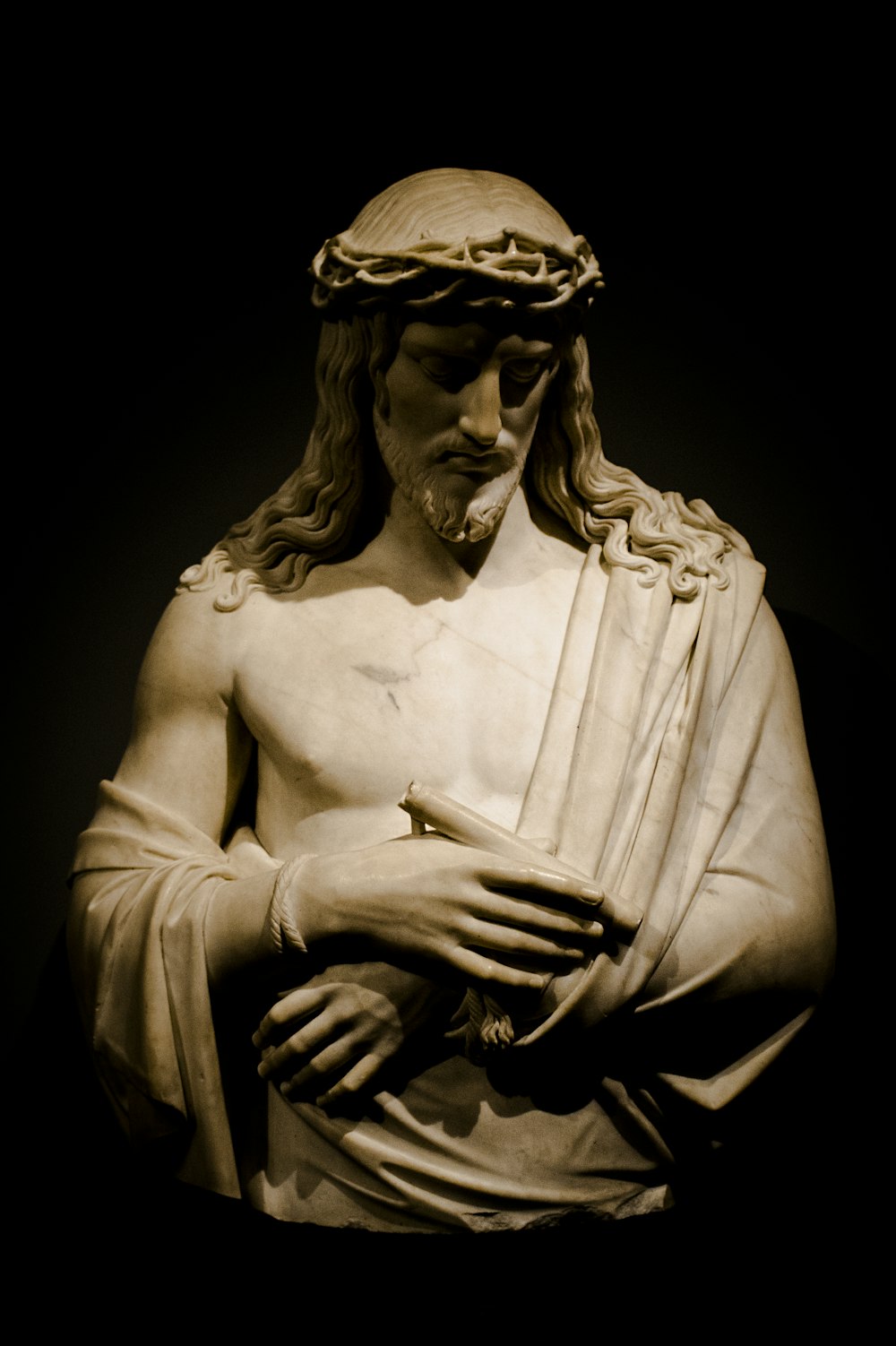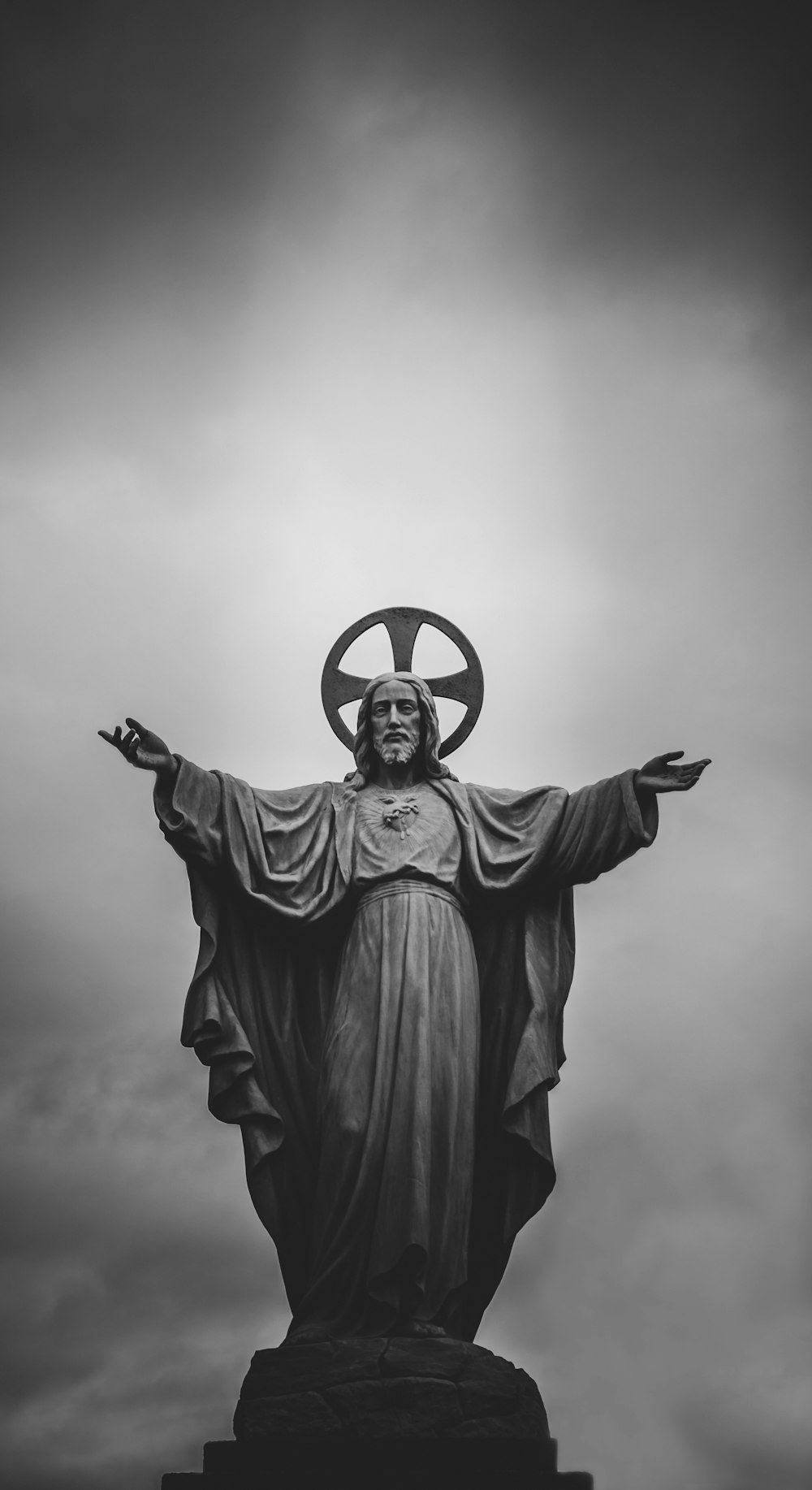Christianity and Imperialism: The Interplay between the Two
The relationship between Christianity and imperialism has a long and complex history, marked by the intertwining of religious beliefs, political power, and cultural influence. From the spread of Christianity through European colonial ventures to its entanglement with imperialist agendas, this article explores the multifaceted connections between Christianity and imperialism. It delves into the historical context, examining the impact of Christian missions, the role of religious justifications for imperialism, and the consequences of this interplay on both colonized societies and the Christian faith itself.
The Rise of Christianity and Imperialism
Image via Unsplash.com
Christianity emerged in the Roman Empire during a period of political and social upheaval. Its growth from a small religious movement to the state religion of the Roman Empire under Emperor Constantine transformed the dynamics of faith and power. The fusion of Christianity with imperial authority laid the groundwork for the religion’s later interactions with imperialism.
Imperial Favor and Persecution:
The early Christian experience oscillated between imperial favor and periods of persecution. While the conversion of Constantine in the 4th century brought official recognition and support to Christianity, subsequent emperors oscillated in their policies, leading to sporadic persecutions. This complex relationship with imperial power set a precedent for the entanglement of Christianity with political authority.
Age of Exploration and Christianity
Image via Unsplash.com
The Age of Exploration in the 15th to 17th centuries saw European powers embarking on maritime expeditions to expand their empires. Christian missionaries played a significant role in these ventures, accompanying explorers and colonizers to distant lands. The spread of Christianity became intertwined with the imperialist agendas of European powers such as Spain, Portugal, England, and France.
Missionary Zeal and Cultural Encounter:
Christian missionaries viewed their work as a divine calling to bring salvation to “heathen” lands. The encounter between missionaries and indigenous cultures was characterized by a clash of worldviews, as well as the imposition of European values, religious practices, and socio-cultural norms. This cultural encounter had profound and lasting effects on colonized societies.
The Doctrine of Discovery and Christianity
The Doctrine of Discovery, rooted in European legal and theological traditions, provided a religious justification for imperial expansion. Papal bulls issued in the 15th century asserted that Christian monarchs had the right to claim lands not ruled by Christians and to convert or subjugate the inhabitants. This doctrine shaped the legal framework for European colonization and the dispossession of indigenous peoples.
Civilizing Mission:
Image via Unsplash.com
The concept of the “civilizing mission” emerged during the era of imperialism, emphasizing the supposed duty of Christian nations to bring civilization, progress, and Christianity to less developed societies. This paternalistic ideology often masked economic exploitation, cultural imposition, and the dismantling of indigenous systems.
Colonization of the Americas and Christianity
The colonization of the Americas provides a stark example of the interplay between Christianity and imperialism. Spanish and Portuguese conquistadors, accompanied by Catholic missionaries, sought to convert indigenous peoples while simultaneously exploiting their resources. The impact on indigenous cultures was profound, leading to the suppression of traditional beliefs and practices.
Missionary Activity in Africa and Asia:
Christian missionary activity extended to Africa and Asia during the imperialist era. Missionaries played roles as educators, healthcare providers, and social reformers. However, their efforts were often intertwined with the expansion of imperial control, contributing to a complex legacy of cultural exchange, religious conversion, and power dynamics.
Indigenous Responses and Christianity

Image via Medium.com
Colonized societies were not passive recipients of missionary endeavors and imperial rule. Indigenous peoples often resisted religious and cultural assimilation, preserving elements of their traditional belief systems. The encounter between Christianity and indigenous spirituality gave rise to syncretic forms of faith that incorporated both traditional and Christian elements.
Liberation Theology:
In the 20th century, Latin American theologians developed Liberation Theology as a response to the socio-economic injustices perpetuated by imperialism. Emphasizing social justice and solidarity with the poor, Liberation Theology sought to align Christianity with the struggles against oppressive political structures.
Postcolonial Critiques and Christianity
As empires dissolved and nations gained independence, postcolonial critiques emerged. Scholars and activists questioned the role of Christianity in perpetuating imperialistic ideologies and contributing to cultural hegemony. The legacy of missionary activities came under scrutiny, with calls for accountability and acknowledgment of the harm caused.
Reevaluation of Missionary Practices:
Image via Unsplash.com
Within Christian denominations, there has been a reevaluation of missionary practices and theologies. Recognition of the negative consequences of cultural imperialism. And a shift towards more collaborative and respectful approaches to intercultural mission work has taken place. This evolving perspective acknowledges the need for cultural sensitivity and mutual learning.
Globalization and Cultural Exchange and Christianity
In the era of globalization, Christianity continues to spread globally, with missionaries engaged in cross-cultural encounters. The dynamics, however, have shifted, and contemporary missionaries often grapple with questions of cultural sensitivity, respecting local autonomy, and avoiding neocolonial attitudes.
Ecumenical and Interfaith Dialogue:
Efforts towards ecumenism and interfaith dialogue have sought to build bridges between different religious traditions. Acknowledging the historical entanglements of Christianity with imperialism, these initiatives aim to foster understanding, cooperation, and mutual respect among diverse faith communities.
Interplay between Christianity and Imperialism
Image via Medium.com
The interplay between Christianity and imperialism spans centuries, leaving an indelible mark on the global landscape. From the early fusion of Christianity with Roman imperial power to the Age of Exploration, the civilizing mission. And the challenges of postcolonial critiques, the relationship between faith and power has been complex and multifaceted.
Christianity’s encounter with imperialism has shaped cultures, societies, and religious practices worldwide. While it has been a force for both cultural exchange and cultural imposition, the legacy of this interplay continues to be a subject of reflection, critique, and transformation.
Contemporary societies grapple with the historical consequences of imperialism. There is a growing awareness of the need for reconciliation, accountability, and a commitment to justice. Navigating the complexities of this relationship requires an ongoing dialogue that acknowledges the nuances of history while working towards a more inclusive and equitable future.








